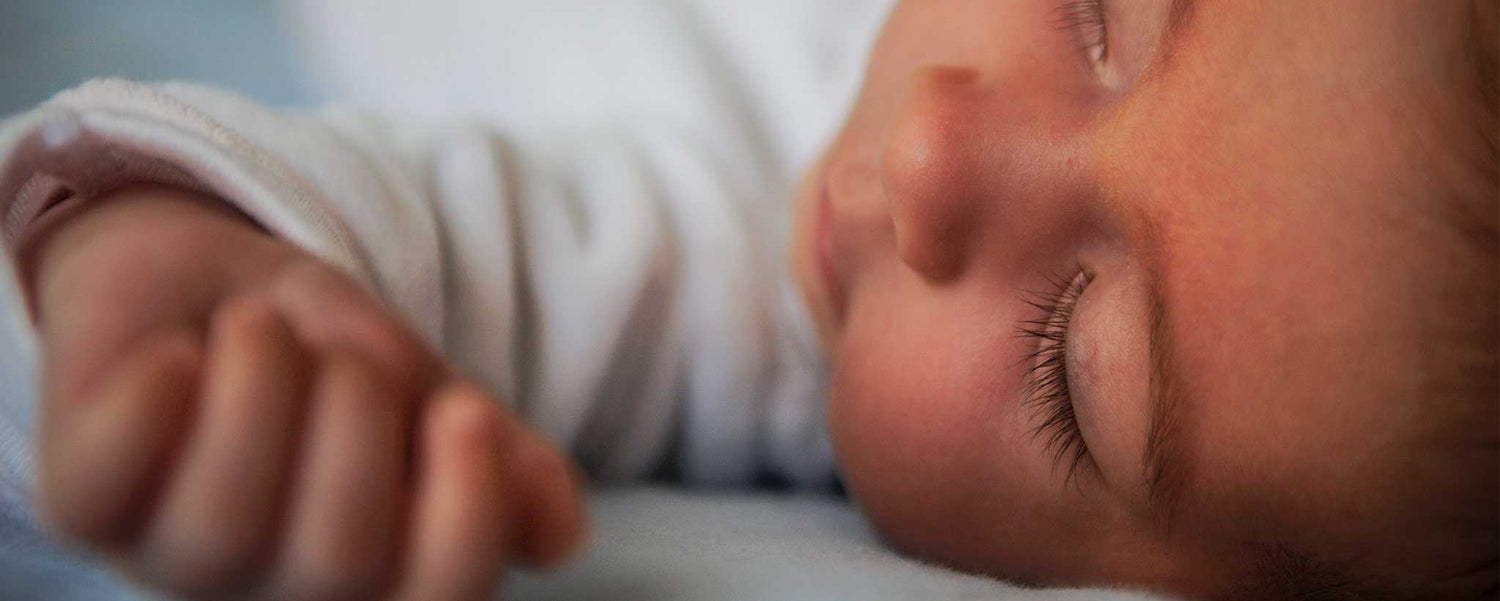Paid Access Required
18 Days After Publication
Short Story Synopsis
Tragedies can dim bright futures and limit lifelong goals. Keith is one who overcame such, with collateral damage.
Delight in this ClinicalNovellas story with about 3700 cumulative words for reading or listening. Enjoy weekly fictional short story episodes. Membership unlocks a collection of emotionally immersive, interactive experiences enhanced with images and audio.




